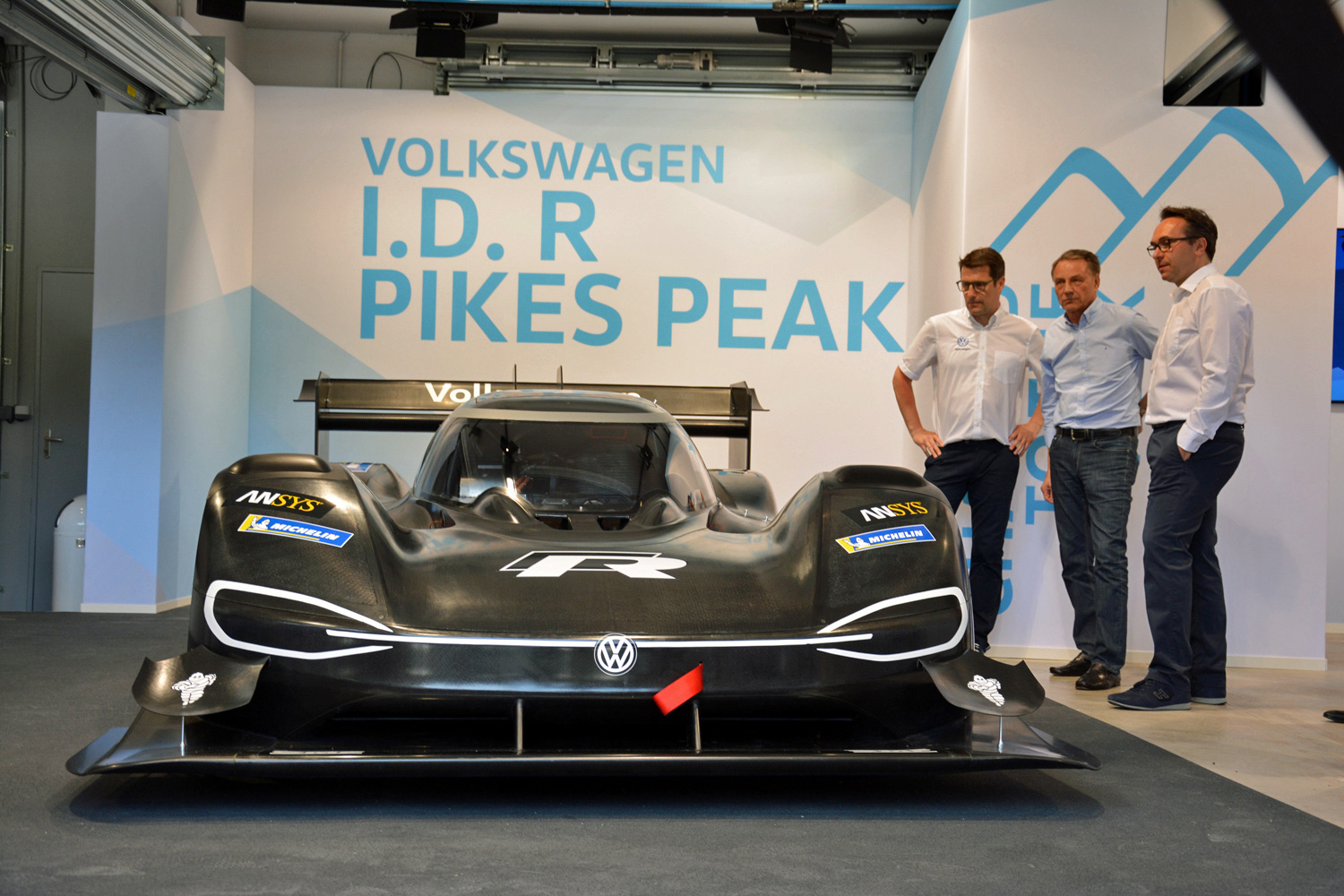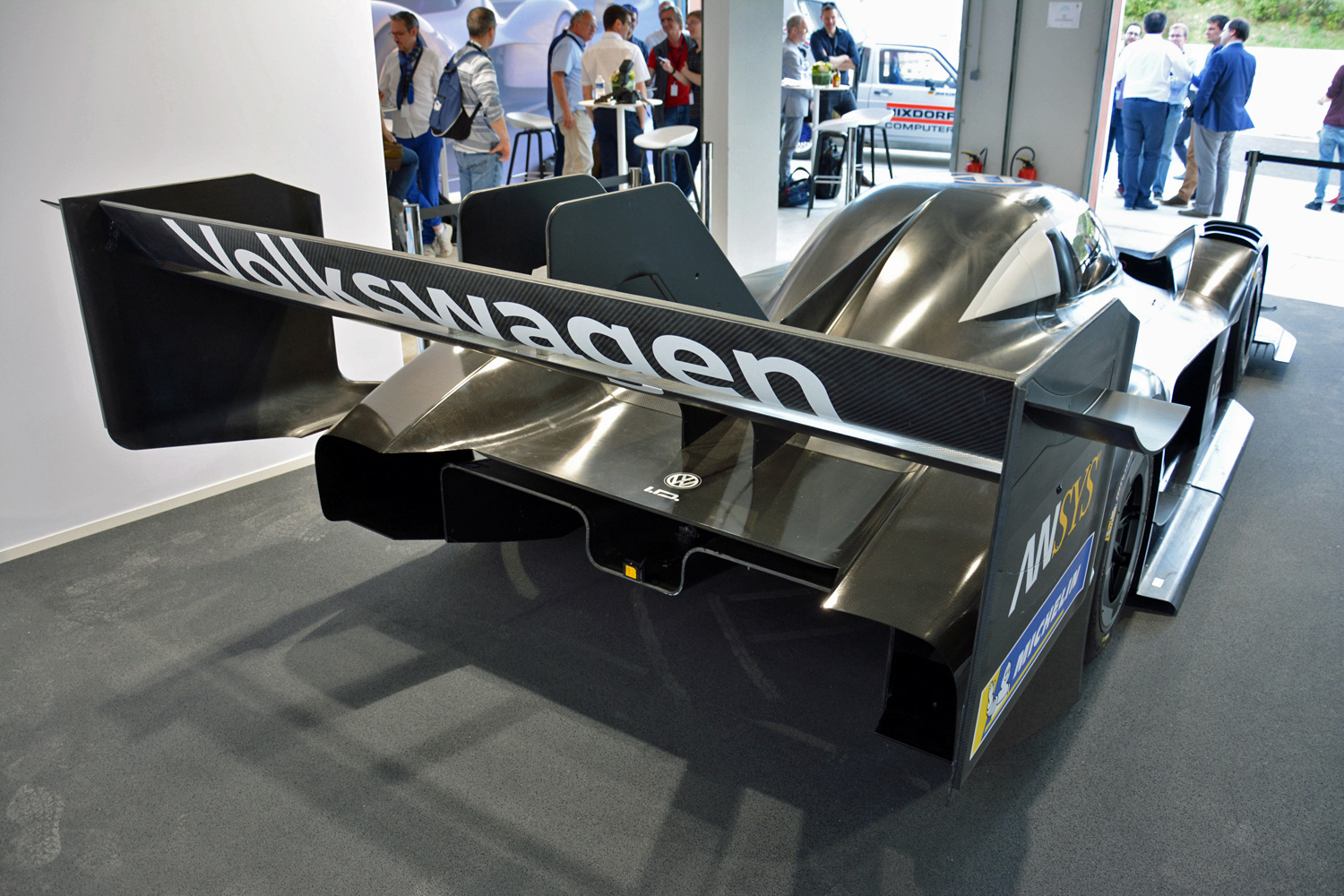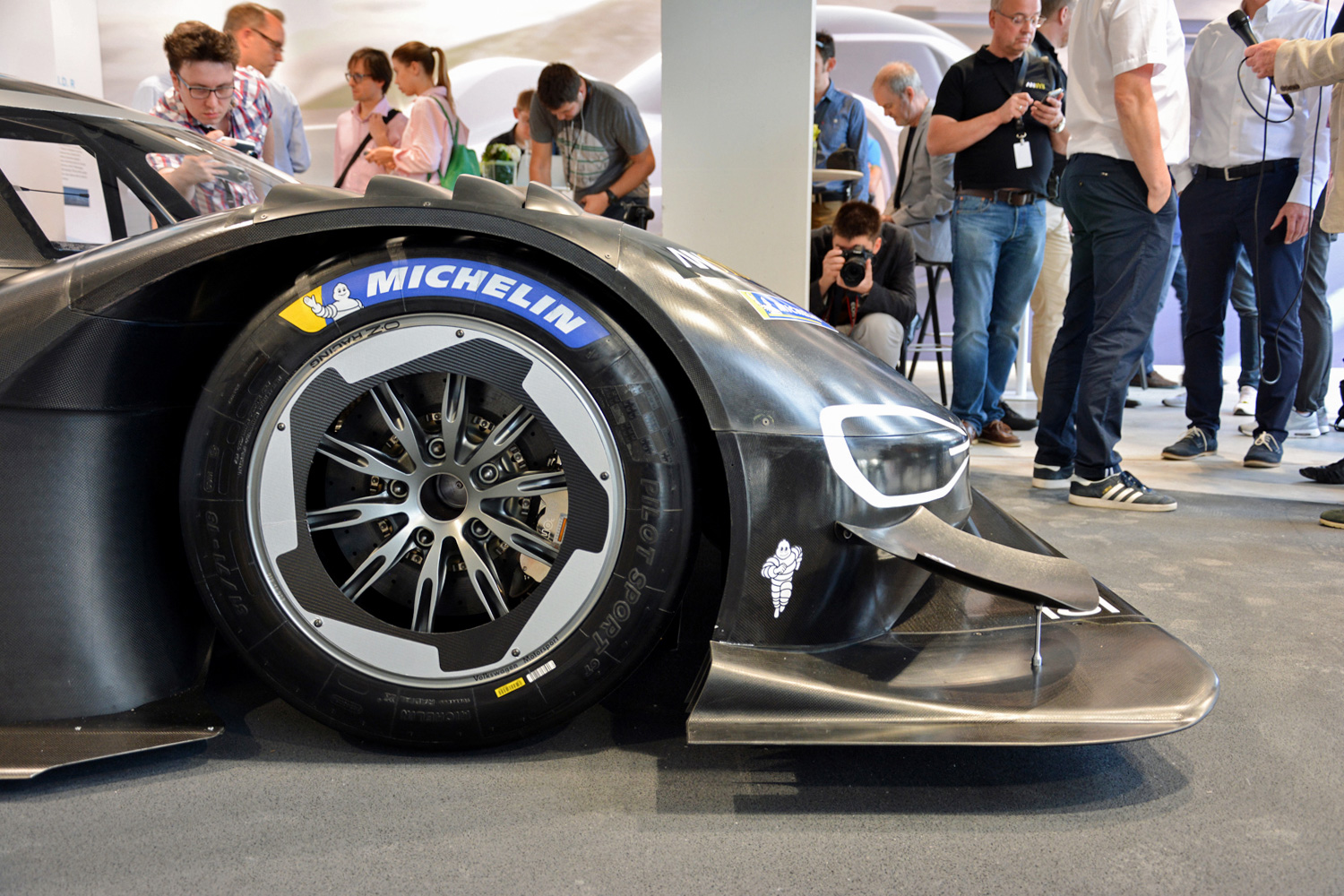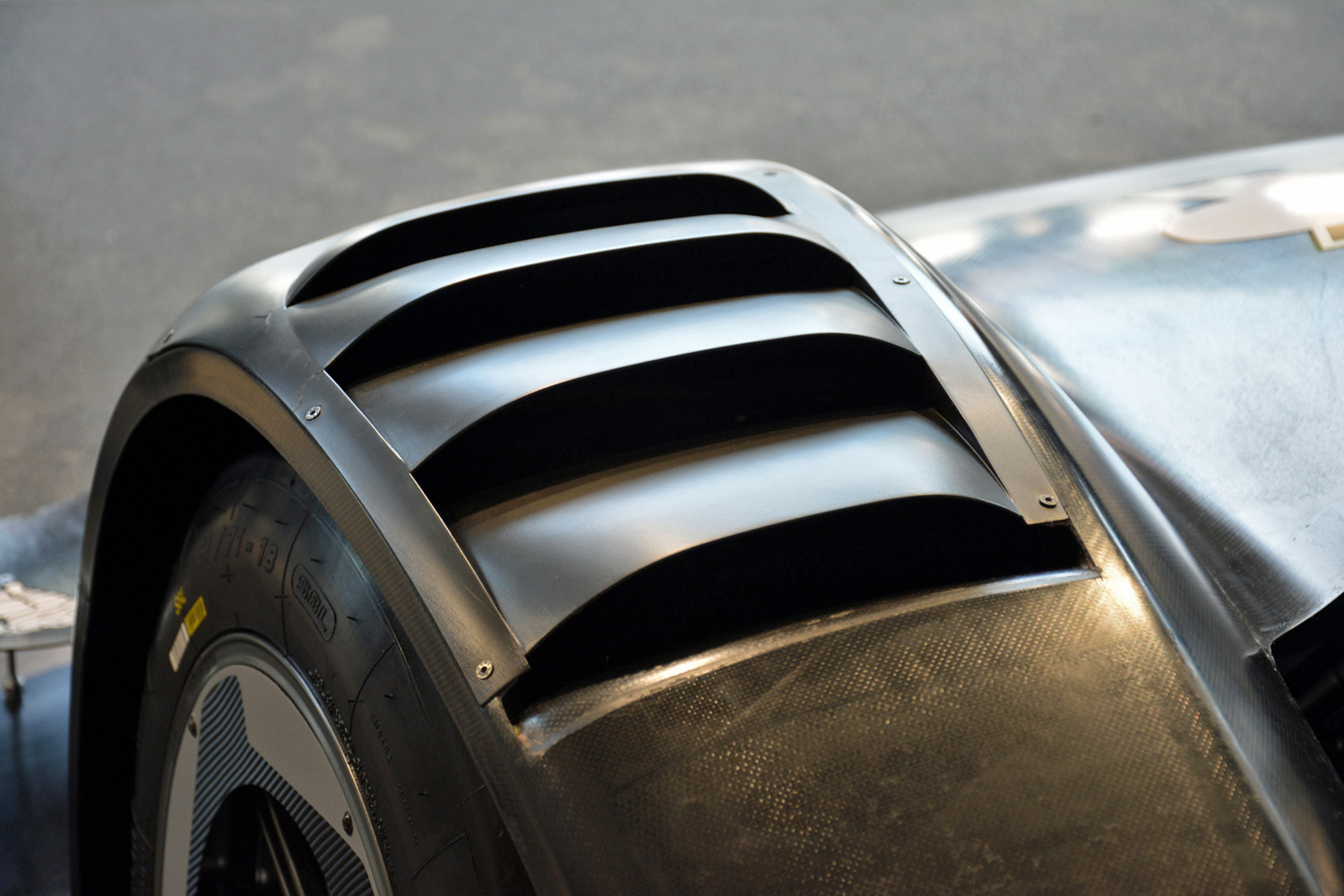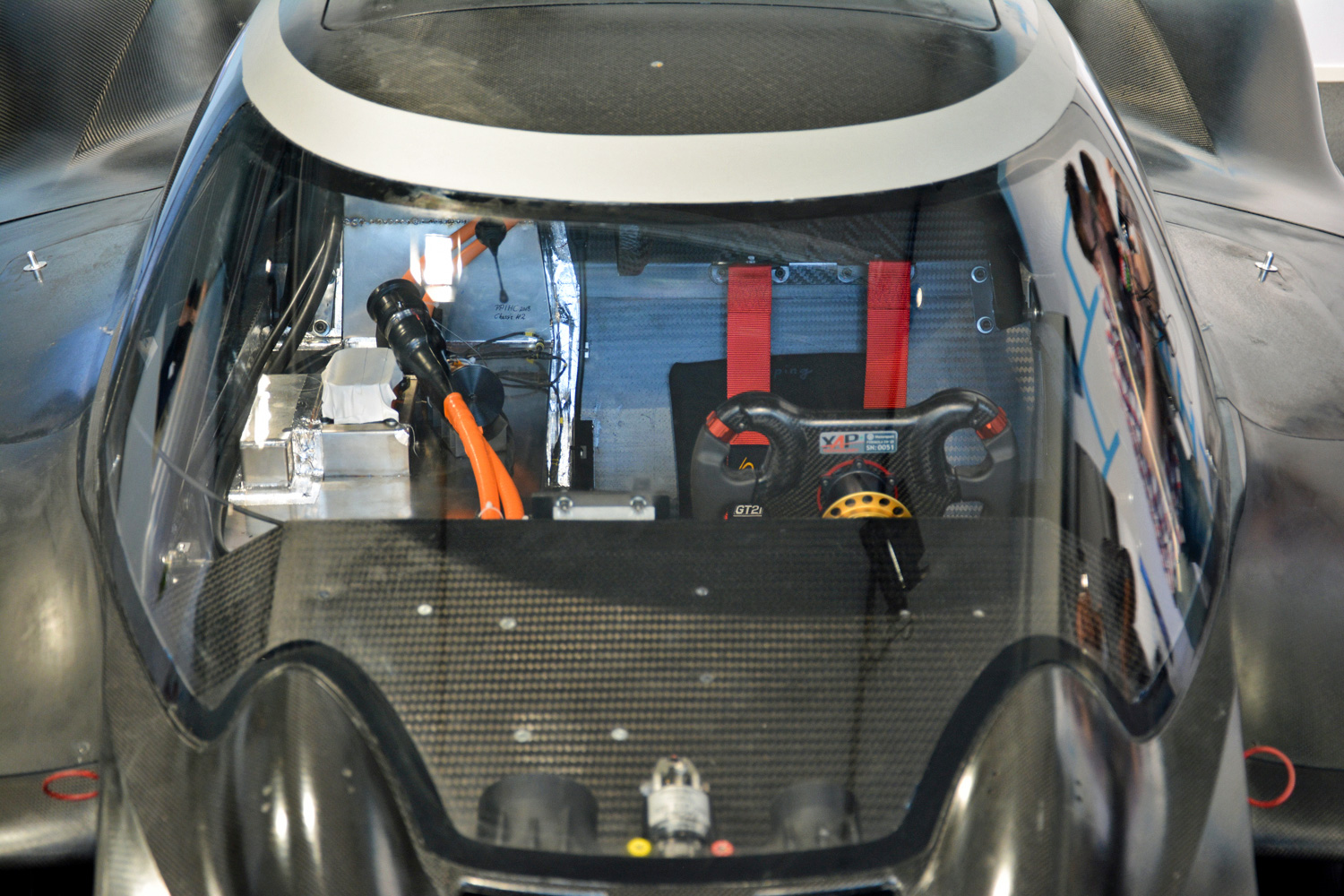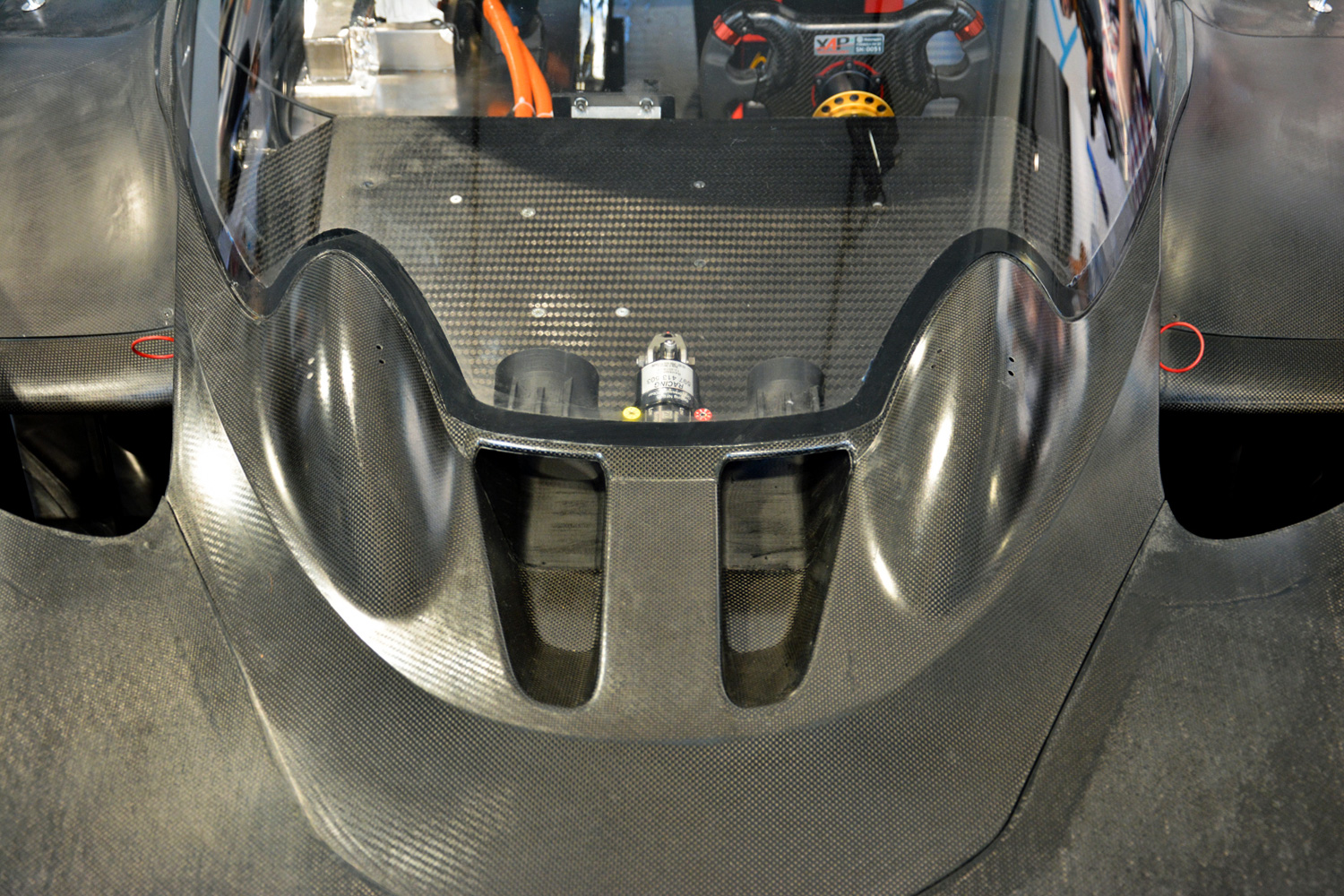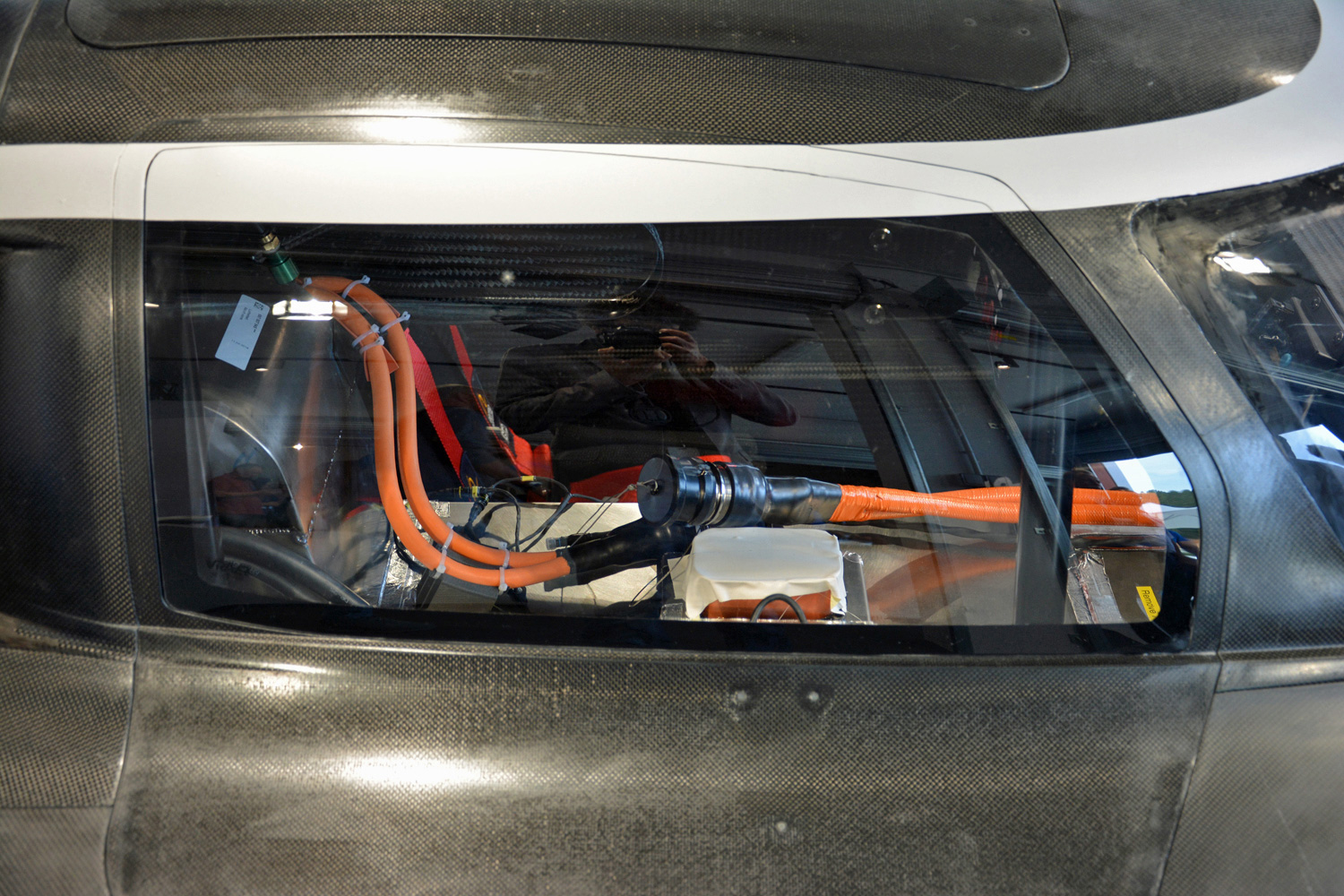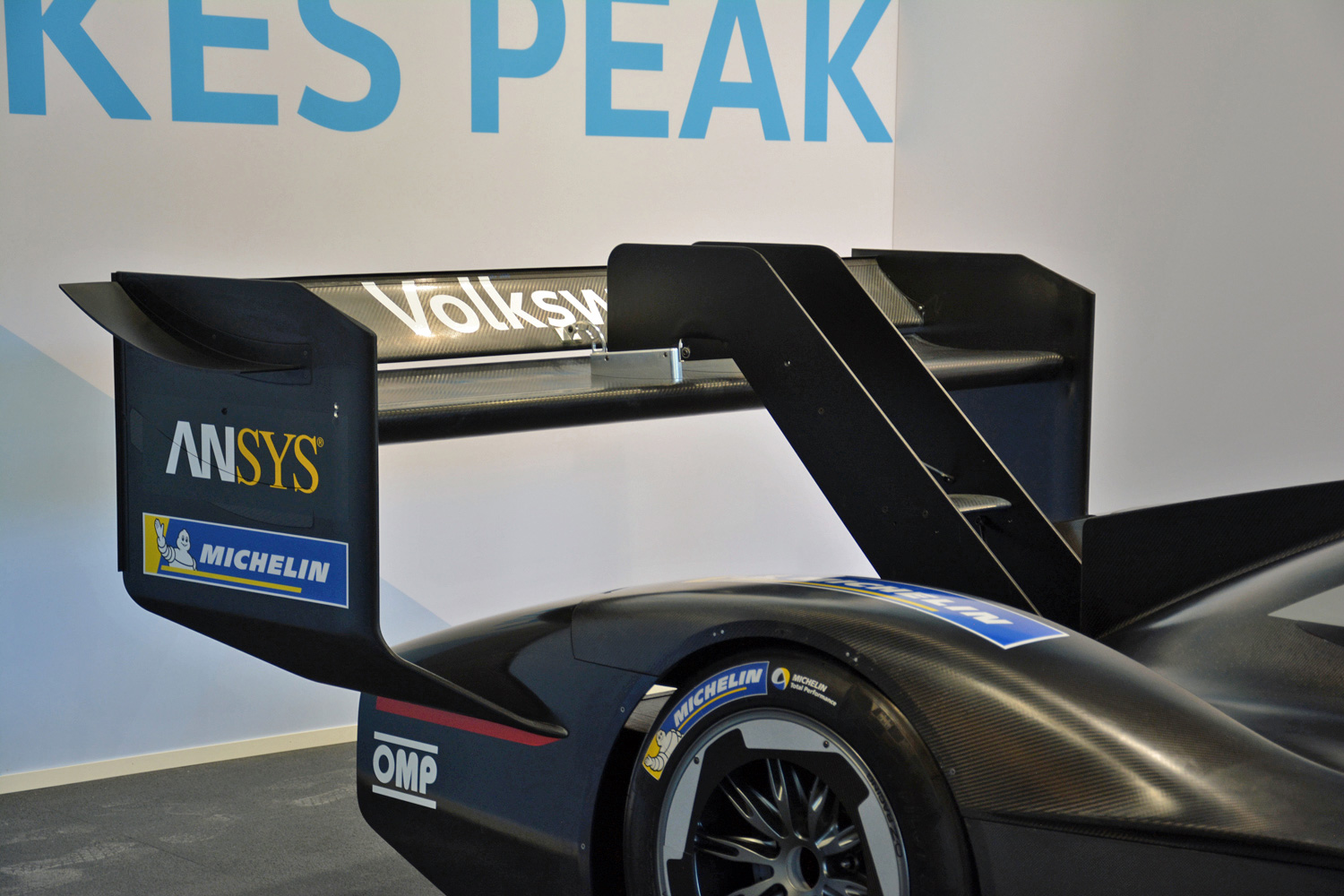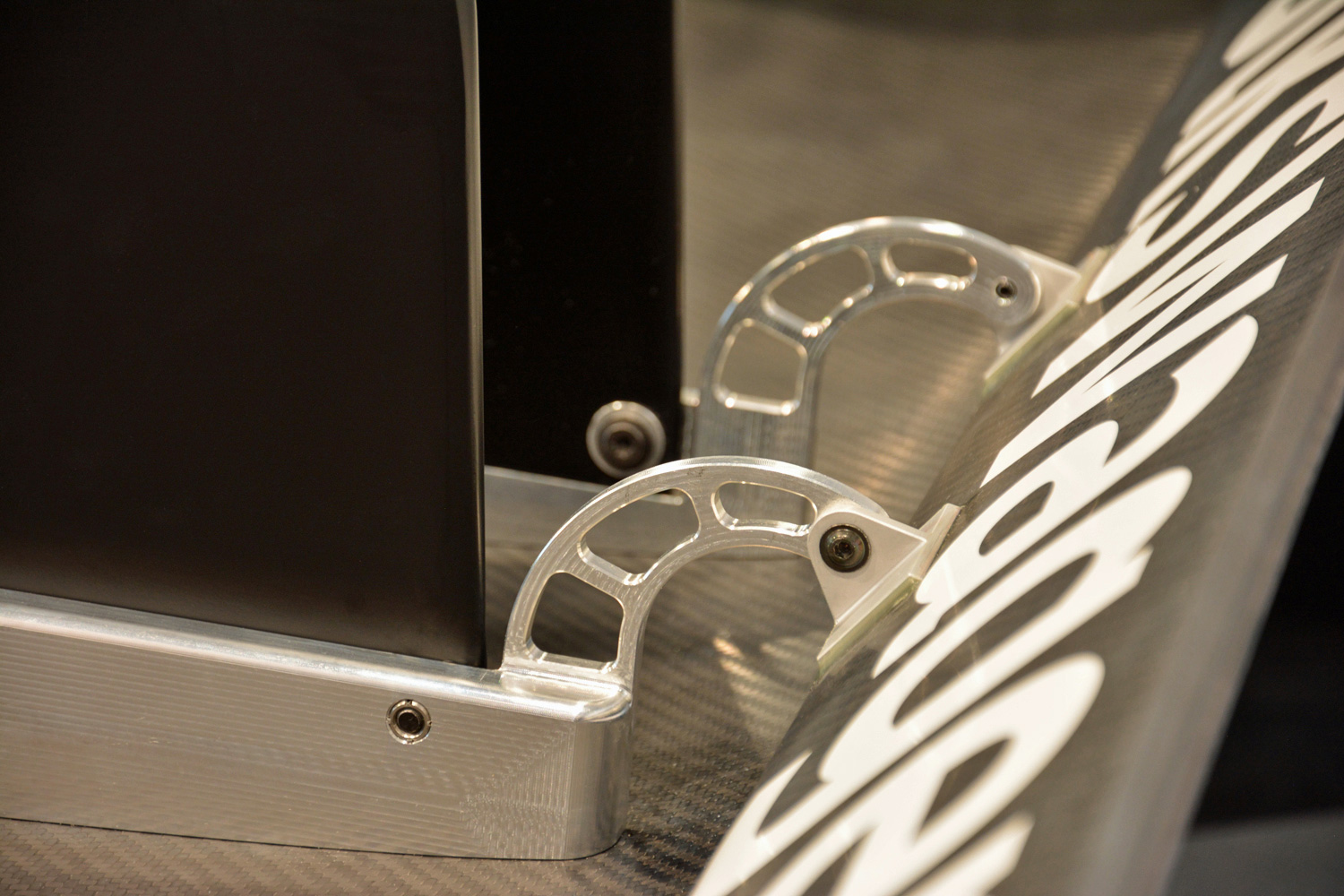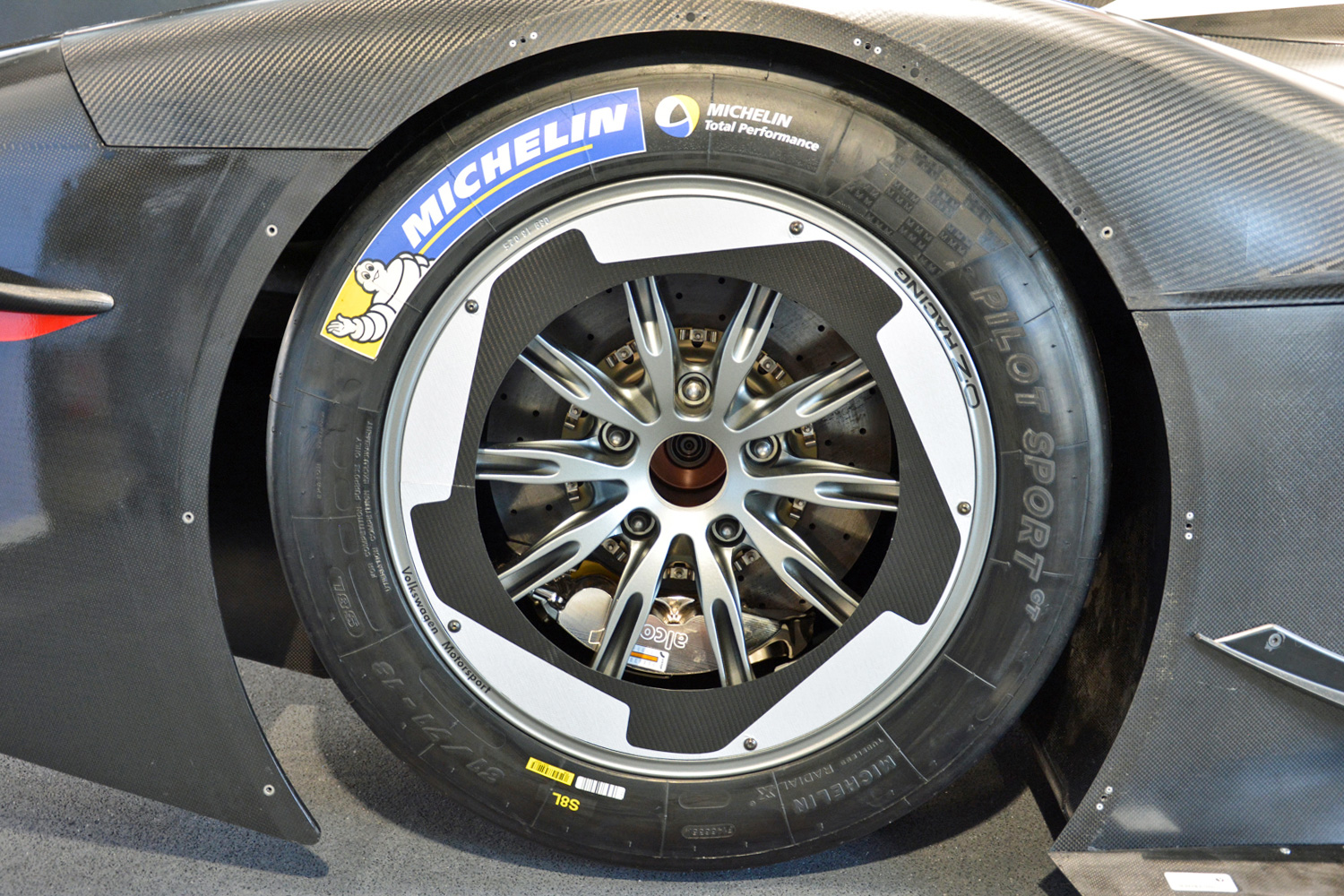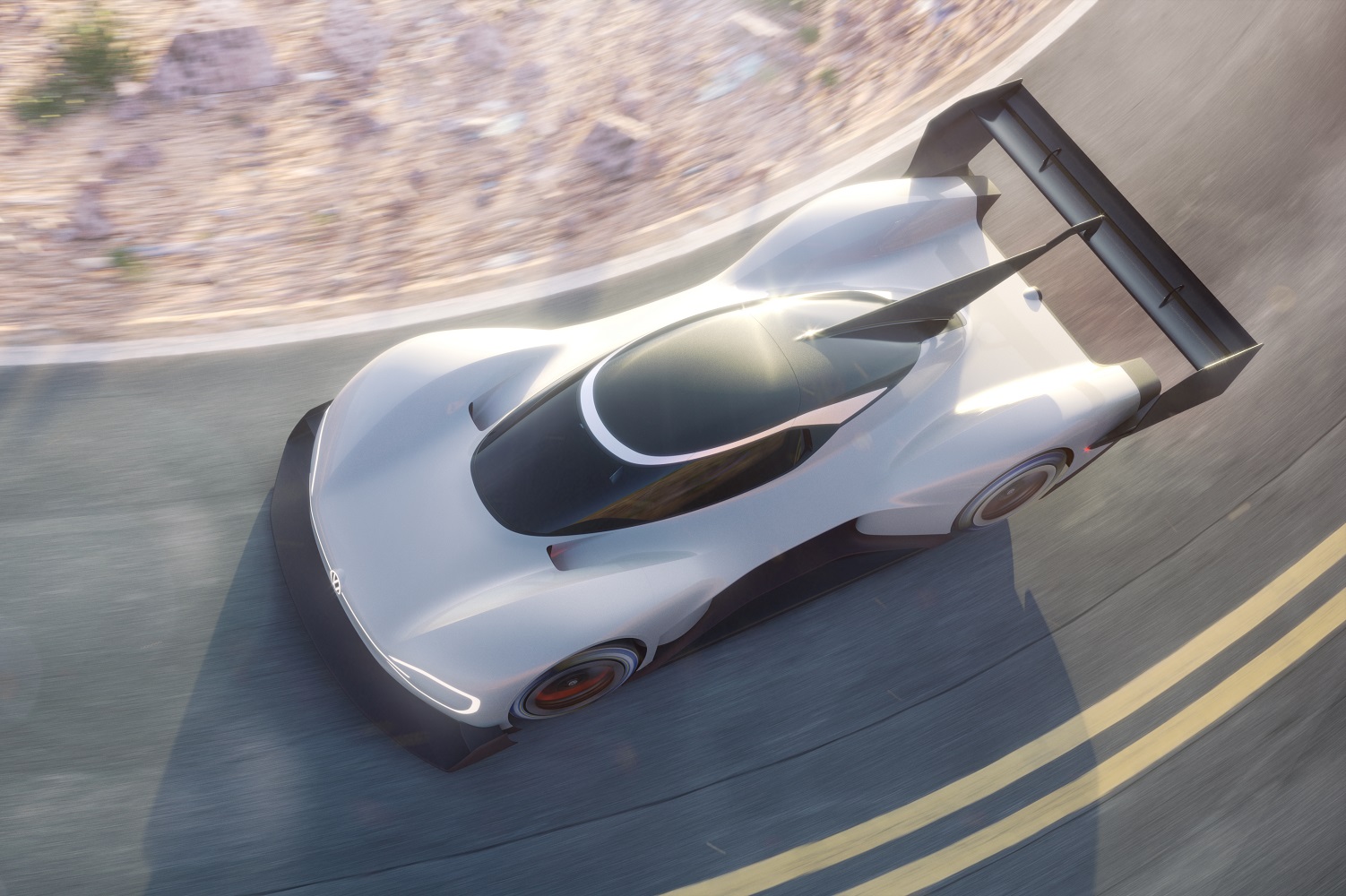Volkswagen is developing an electric race car to take on the Pikes Peak International Hill Climb, one of the oldest and most legendary races in the United States. Named I.D. R, the low-slung race car is a high-profile advertisement for the company’s ongoing electrification efforts.
The car was designed from the ground up to take on Pikes Peak, which has been run since 1916 on the eponymous Colorado mountain. The 12.4-mile course climbs 4,700 feet, ending at the summit of Pikes Peak, just over 14,000 feet above sea level. This explains why it’s sometimes called “the race to the clouds.”Volkswagen will test the car on race tracks in Europe in the coming weeks, start practicing in Colorado in late May, and have the car ready for this year’s hill climb, which will be held June 24. 39-year old French pilot Romain Dumas will drive the car during the race.
Volkswagen won’t divulge much about its new race car yet, but it did say the car has dual-motor all-wheel drive, and was built to break the overall record for electric cars at Pikes Peak. The current record, set in 2016, is eight minutes 57.118 seconds. The specifications sheet suggests the I.D. R will be capable of beating that time. It weighs under 2,500 pounds, its drivetrain boasts 680 horsepower and 479 pound-feet of torque, and it performs the benchmark zero-to-60-mph time in 2.25 seconds. Of course, it takes more than raw power to win a race like Pikes Peak.
Electric cars have actually become fairly popular at Pikes Peak over the past few years, because the thin air at altitude makes it hard for internal-combustion engines to develop power. Just like human beings, gasoline and diesel engines need oxygen to work. But that’s not the case with electric powertrains: an electric car won the race in 2015, and cars like a modified Tesla Model S and a prototype of the Faraday Future FF 91 have all had a go at the mountain.
Volkswagen last raced at Pikes Peak in 1987, when it brought a twin-engined second-generation Golf hatchback that barely missed a first-place finish after experiencing a suspension problem. More recently, the German company has curtailed motorsports activities, shuttering its successful World Rally Championship program. But the automaker seems to think racing is a good way to market its upcoming electric cars, which it has been previewing in recent years with a series of I.D.-badged concept cars, like the Buzz, the Crozz, and the Vizzion.
In addition to Pikes Peak, Volkswagen subsidiaries Audi and Porsche are becoming heavily involved in the Formula E electric racing series. Both brands pulled out of the more prestigious (and more expensive) 24 Hours of Le Mans to focus on racing electric cars. Porsche provided some of its expertise to the Pikes Peak project, especially when it came to aerodynamics, but Volkswagen stresses its hill climb racer shares no parts with the Le Mans-winning 919 Hybrid.
The racing plans mirror an ambitious effort to electrify the Volkswagen lineup starting around the turn of the decade. The Volkswagen brand will have 23 all-electric models by 2025, and the company’s numerous subsidiary brands will get plenty of electric cars as well. By 2030, the Volkswagen Group wants to have a hybrid or all-electric version of every vehicle across its many brands, which currently field around 300 distinct models combined.
Updated on April 22: Added the latest information and live photos.
